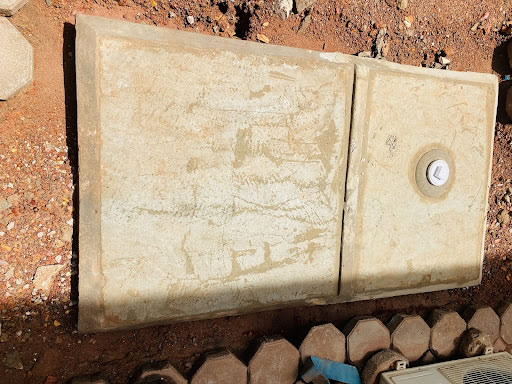As the demand for sustainable waste management solutions increase, biodegradable toilet waste bio digesters have emerged as a safe and eco-friendly option in Ghana. These bio digesters have proven to be effective in treating and managing human waste, making them a popular choice for households. However, proper maintenance is crucial to ensure the longevity and efficiency of these bio digesters. We will explore the importance of maintaining a bio digester and provide you with essential tips to protect your investment and ensure its optimal performance.
The Importance of Bio Digester Maintenance
Maintaining a bio digester is essential for several reasons. Firstly, proper maintenance helps to protect your investment and ensure that the bio digester operates efficiently for an extended period. Regular maintenance can prevent costly repairs and replacements down the line. Secondly, by maintaining your bio digester, you are contributing to the overall sustainability of waste management practices. A well-maintained bio digester functions optimally, reducing the environmental impact of human waste and promoting a cleaner and healthier living environment. Lastly, maintaining your bio digester allows you to maximize the benefits derived from this sustainable waste management system.
Essential Tips for Bio Digester Maintenance
1. Minimize Unnecessary Flushing: Conserving water during periods of scarcity is not only a responsible choice but also impacts your budget positively. Educate your family, especially children, on proper toilet usage. While bio digesters can handle a reasonable amount of toilet paper, it is important to avoid using the toilet bowl as a universal garbage disposal. Excessive use of toilet paper can result in drain clogs. Flush only human waste and toilet paper.
2. Tree Management: One important aspect of bio digester maintenance involves the management of trees near the digester. Be cautious of trees with aggressive root growth that can potentially damage the bio digester. Keep such trees far away from the digester to prevent any harm. Instead, consider planting grass in the drain field or soak hole area to minimize the risk of soil erosion.
3. Divert Rainwater and Wastewater Away: To maintain the optimal functioning of the drain field or soak hole, it is essential to prevent excess water accumulation. Proper landscaping and planning of foundation drains are crucial to divert rainwater and other wastewater away from the drain field or soak hole area. Consulting a professional can provide valuable insights regarding the best practices for diverting water effectively.
4. Regular Maintenance: Regular maintenance is key to ensuring the efficient operation of your bio digester. It is recommended to have a professional service and inspect your bio digester at least every three years. However, the frequency of maintenance may vary based on factors such as household size, facility type, and usage patterns. Consulting an expert will help determine the ideal maintenance schedule for your bio digester.
Proper maintenance of a bio digester is crucial for protecting your investment, ensuring efficient waste management, and contributing to a sustainable living environment. By following these essential tips, you can minimize potential issues and maximize the functionality of your bio digester. Remember to practice responsible toilet usage, manage trees effectively, divert excess water, and perform regular maintenance. By prioritizing proper maintenance, you can continue to enjoy the benefits of an effective and sustainable waste management system for years to come.


